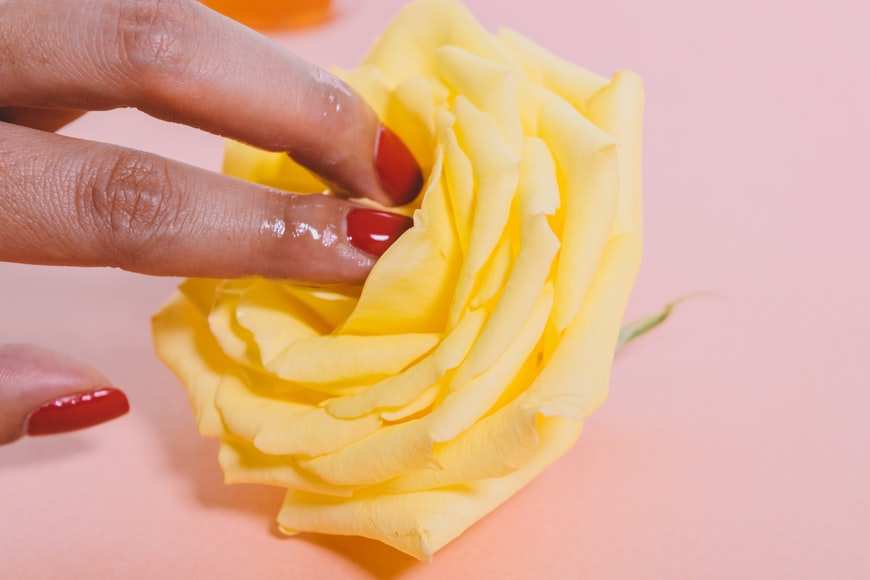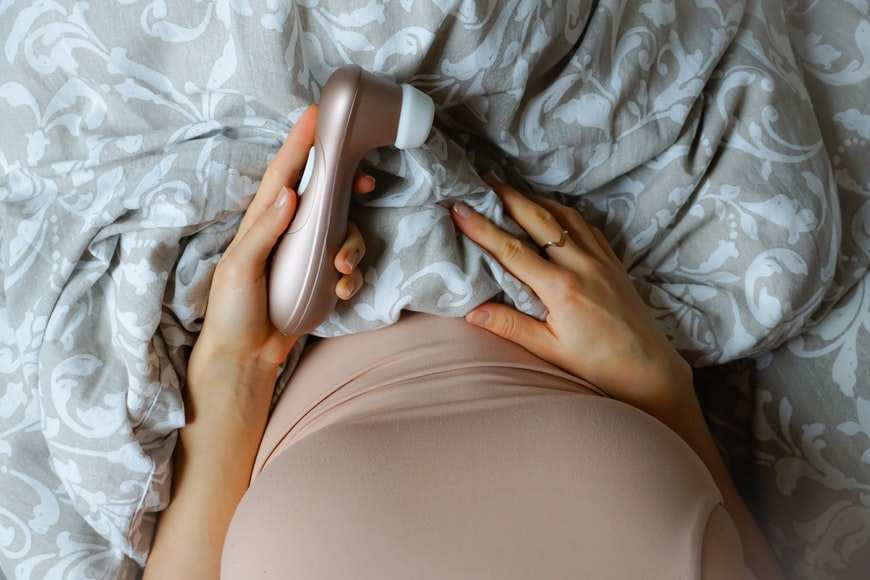A Guide to Self-Pleasure and Relationships

Even in the twenty-first century, there are taboos and stigmas around sexual intimacy and self-pleasure. Lack of understanding about sexual intimacy and masturbation leads to emotions of guilt, insecurity, and difficulty conveying our wants. In a talk with Bidisha Barik, Karishma (@talkyounevergot), an internationally experienced Sexuality Educator and Advocate, describes how cultural stigma leads to unanswered questions and guilt among young people with their own bodies. While the notion of masturbation is not restricted to one gender, and the use of sex toys is thrilling and appropriate even in heterosexual relationships, the stigma makes open conversation and spreading knowledge difficult.
Sexuality Educator
People often have strange concerns about self-pleasure that are not addressed by formal sex education in society, and no one takes responsibility for educating one about such physical changes. Karishma encounters similar instances in her role, where individuals come to her with scientifically unfounded questions about masturbation which, she believes, stem from cultural prejudices and misinformation spread on the internet. In a short interview, she sheds light on certain prevalent stigmas surrounding sexual and reproductive health.
The words ‘masturbation’ and ‘sexual intimacy’ are, to a degree, hidden or are associated with one specific gender, or not at all. What are your views about it?
There are a lot of taboos, but in my view, we should get rid of them since having taboos surrounding these things causes a lot of shame and an overall negative attitude toward masturbation and sexual intimacy. Just because we don’t talk about these things, does not mean people aren’t suffering from them or inquisitive about them. It’s just that when we don’t have an open conversation about them, a lot of misinformation spreads, through random posts on social media or the whisper net, and so forth.

Regardless of gender, having an open discussion about masturbation and sexual intimacy is fundamental. Traditionally, it has been believed that “boys are casual with masturbation or such things.” Any gender other than males expressing or desiring self-pleasure is still considered taboo. Because of societal taboos, there is a prevalent mindset in which males hold the default position.
“Any gender other than males expressing or desiring self-pleasure is still considered taboo.”
What makes the stigma awfully evident or really present when talking about masturbation?
The misconception that masturbating is detrimental for individuals, I believe, is what contributes to the stigma. People with penises have a lot of questions regarding masturbation, like does it cause weakness, memory loss, and premature ejaculation. People with vulvas are assumed not to masturbate, thus I receive fewer inquiries about the same. Some of the beliefs internalised by persons with vulvas include a lack of awareness of masturbation narratives, a lack of awareness of self-pleasure, or internalised shame about one’s own body, which leads to a lack of exploration of one’s own body.
People of all genders wonder things like “Will I get hairy palms?” and “Will I go blind?” These questions reflect all of the stigmas associated with masturbating. Misinformation in the media, internet movements like the ‘No Fap Movement,’ and other scientifically baseless assertions are why the stigmas surrounding masturbation continue to persist today.
What’s the most concerning issue when talking about “self-pleasure in relationships?” Why is it that it is still taboo?
People believe that “self-pleasure in a relationship” is something that should not exist. When it comes to heterosexual relationships, there is a belief that if a man buys a vibrator for his girlfriend, or if their partner uses a vibrator independently, he will be replaced. When it comes to self-pleasure in couples, there are a lot of social-cultural scripts at play. Some people assume that self-pleasure is cheating, or that someone who masturbates without involving their partners is doing something wrong. However, it is about the couples’ setting of limits in their relationship and open communication about their sexual activities. If a partner feels uncomfortable with the concept of their partner engaging in self-pleasure or exploring their own body, the individual should address the source of their uneasiness or insecurity. At the end of the day, one is free to explore their own body in whichever way they see fit!
“At the end of the day, one is free to explore their own body in whichever way they see fit!”

How can couples communicate comfortably about their sexual preferences and how important is it to do so?
Couples may convey their sexual preferences in a variety of ways; nonetheless, I believe that communication is the most important factor, despite the fact that this word is overused. However, it is practically hard to appreciate what you or your partner love in bed if one person does not communicate. Though there is widespread apprehension about discussing sex due to the taboo, it may also seem extremely personal and private, as well as vulnerable. The first thing to remember is that your partner does not have superpowers to know what you like and don’t like. As a result, communication reduces the strain that comes with physical closeness. The second point is that being absolutely clear with your action feedback will assist your partner to understand you better. Last but not least, while conversing about such delicate matters, be kind and considerate of people’s sentiments, while still being receptive to input.
“I believe that communication is the most important factor, despite the fact that this word is overused.”
Tips on how one can master self-pleasure activities, with or without sex toys?
- Understanding one’s own anatomy is the initial step toward self-pleasure activities, especially for individuals with vulvas. There is a general lack of understanding about clitorises and their significance. As a result, touching oneself while utilising the mirror teaches you how to explore and touch yourself.
- The second stage is to make sure you’re cognitively stimulated in ways that allow you to fully immerse yourself in the act, whether or not you’re using toys. Turning off items that can disrupt you while you are in the act is part of being psychologically prepared to enjoy pleasure.
- The next stage is to experiment with every potential variation and learn how your body responds to various postures. The idea is to have fun and learn what works and what doesn’t work for you.
While being mindful of our sexual behaviour toward ourselves and our partners is vital, it is crucial to learn how to connect with ourselves and what fits our bodies best. While there is a dearth of understanding, sexual educators are available to answer any questions we may have. Being able to address our concerns in a secure environment allows us to create the relationship we want with ourselves and convey it to our partners.
Ad



